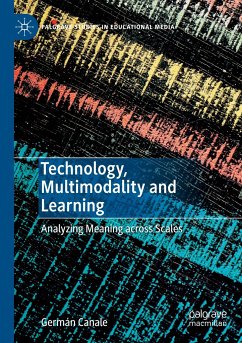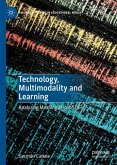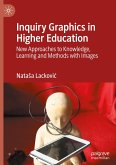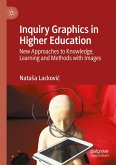This book introduces multimodality and technology as key concepts for understanding learning in the 21st century. The author investigates how a nationwide socio-educational policy in Uruguay becomes recontextualised across time/space scales, impacting interaction and learning in an English as a Foreign Language classroom. The book introduces scalar analysis to better understand the situated and fractal nature of education policy as meaning-making, subsequently defining learning from a multimodal socio-semiotic approach. The analytical integration of different policy scales shows what policy means to various stakeholders, and what learning means for students and teachers. This depends both on how they position themselves and how they engage with the policy educational media. This innovative book will appeal to students and scholars of technology and learning, as well as multimodality.
Bitte wählen Sie Ihr Anliegen aus.
Rechnungen
Retourenschein anfordern
Bestellstatus
Storno









